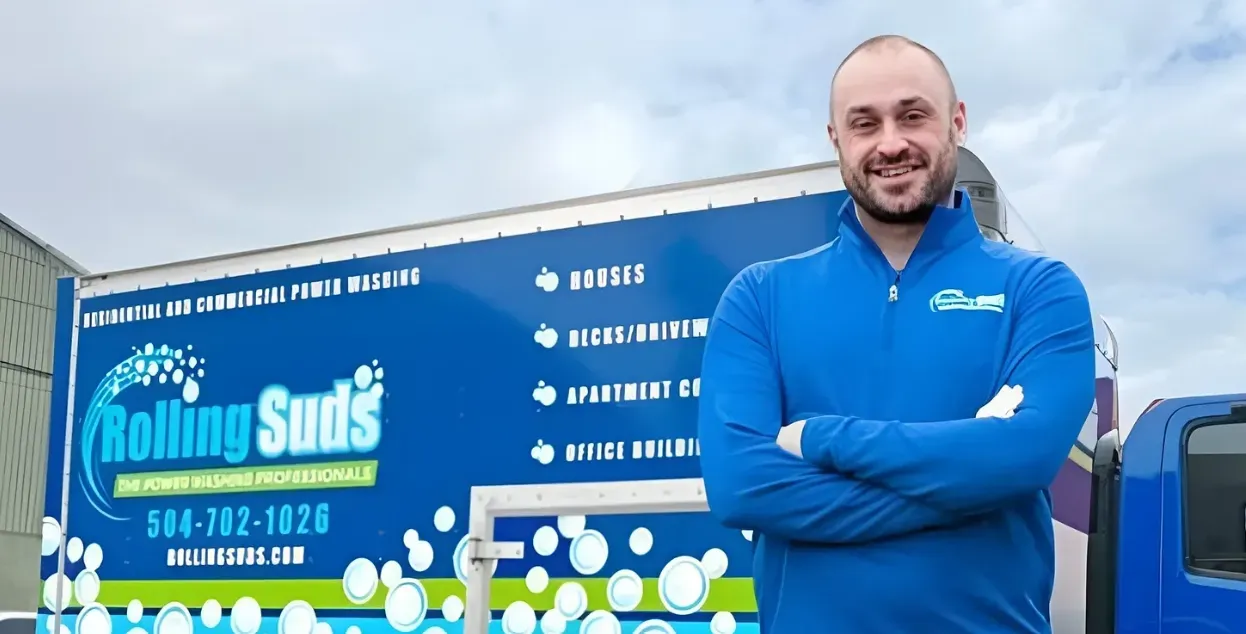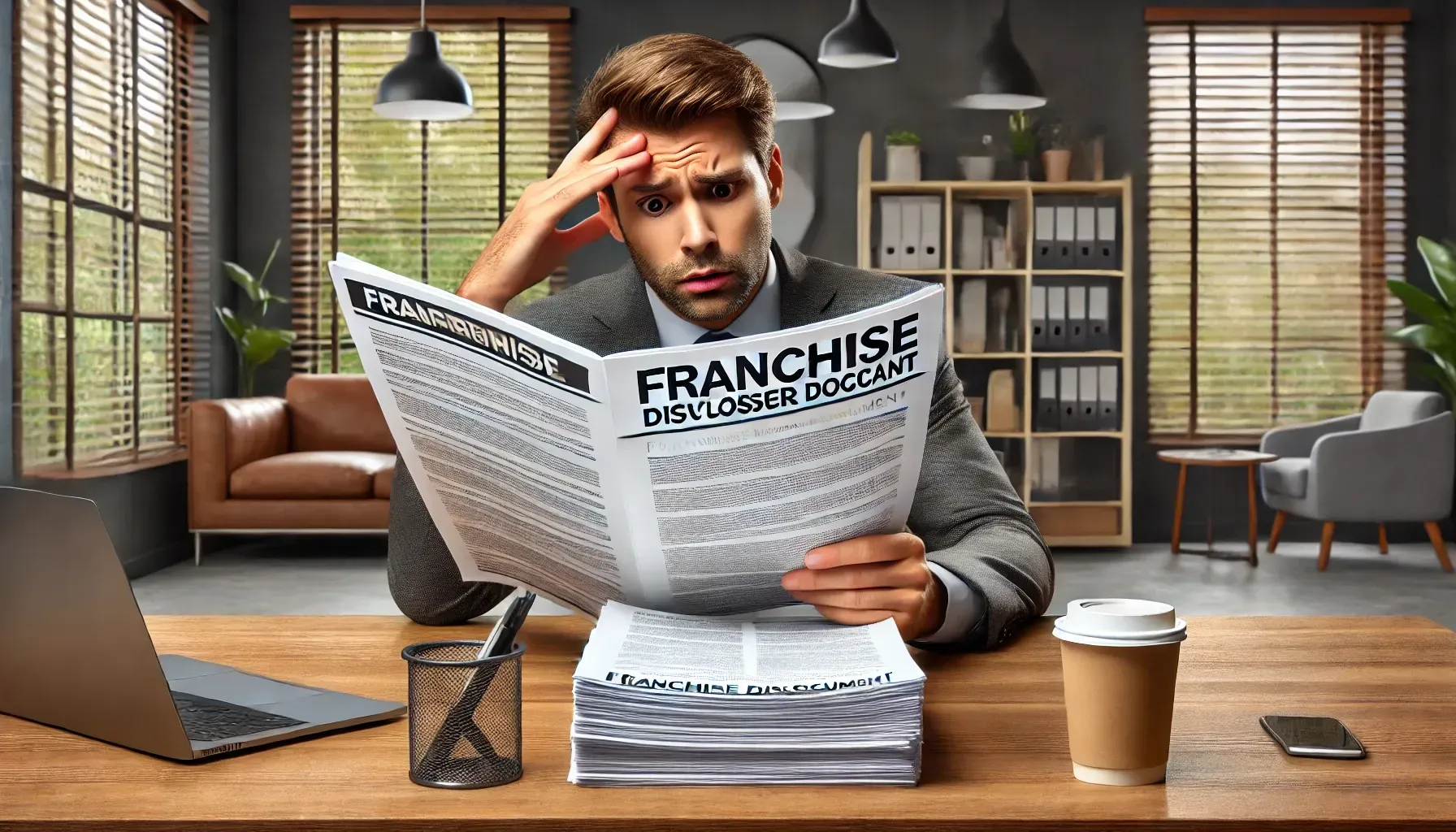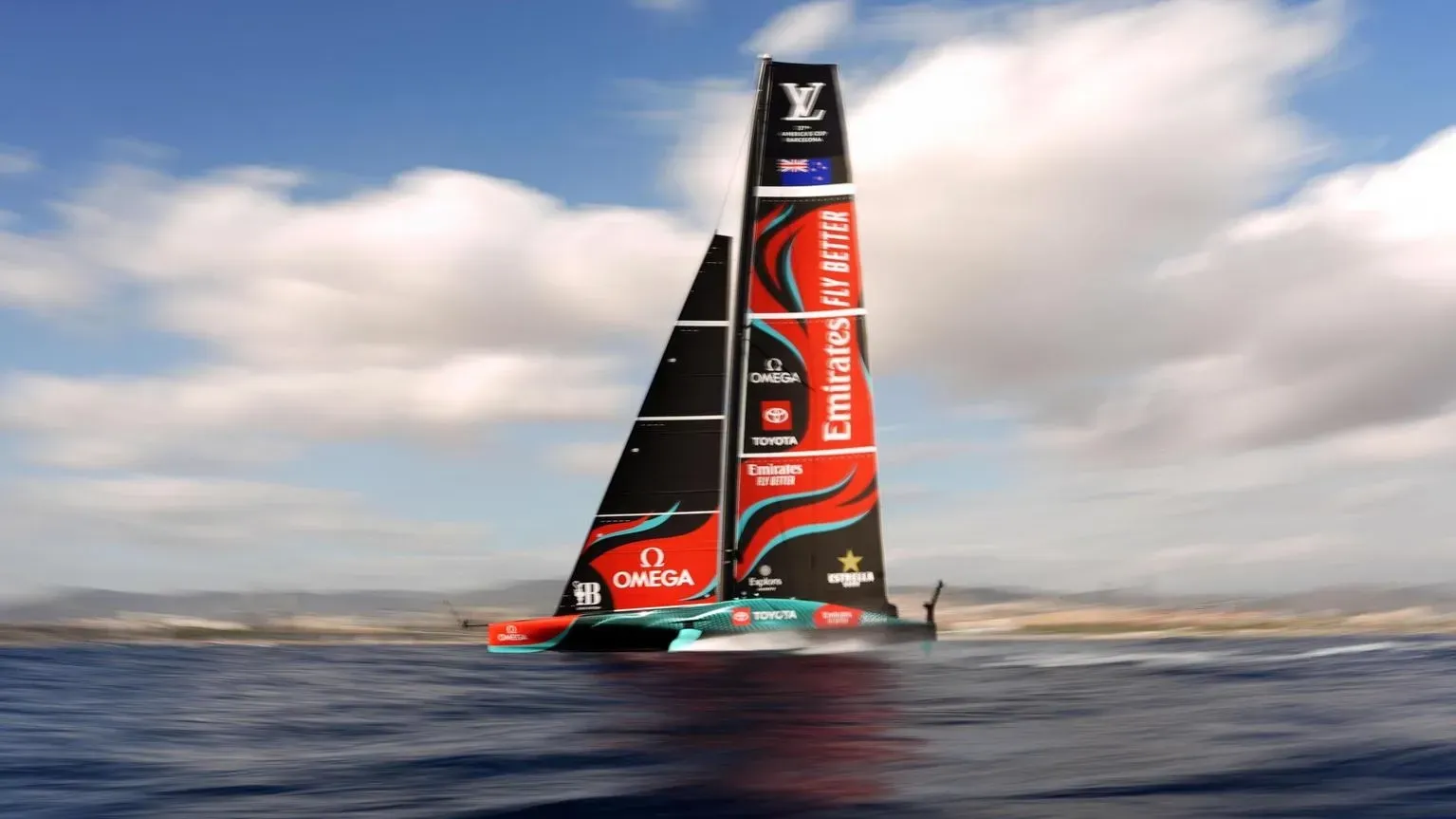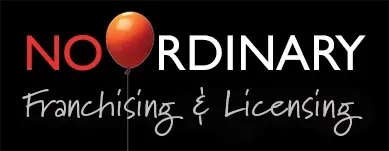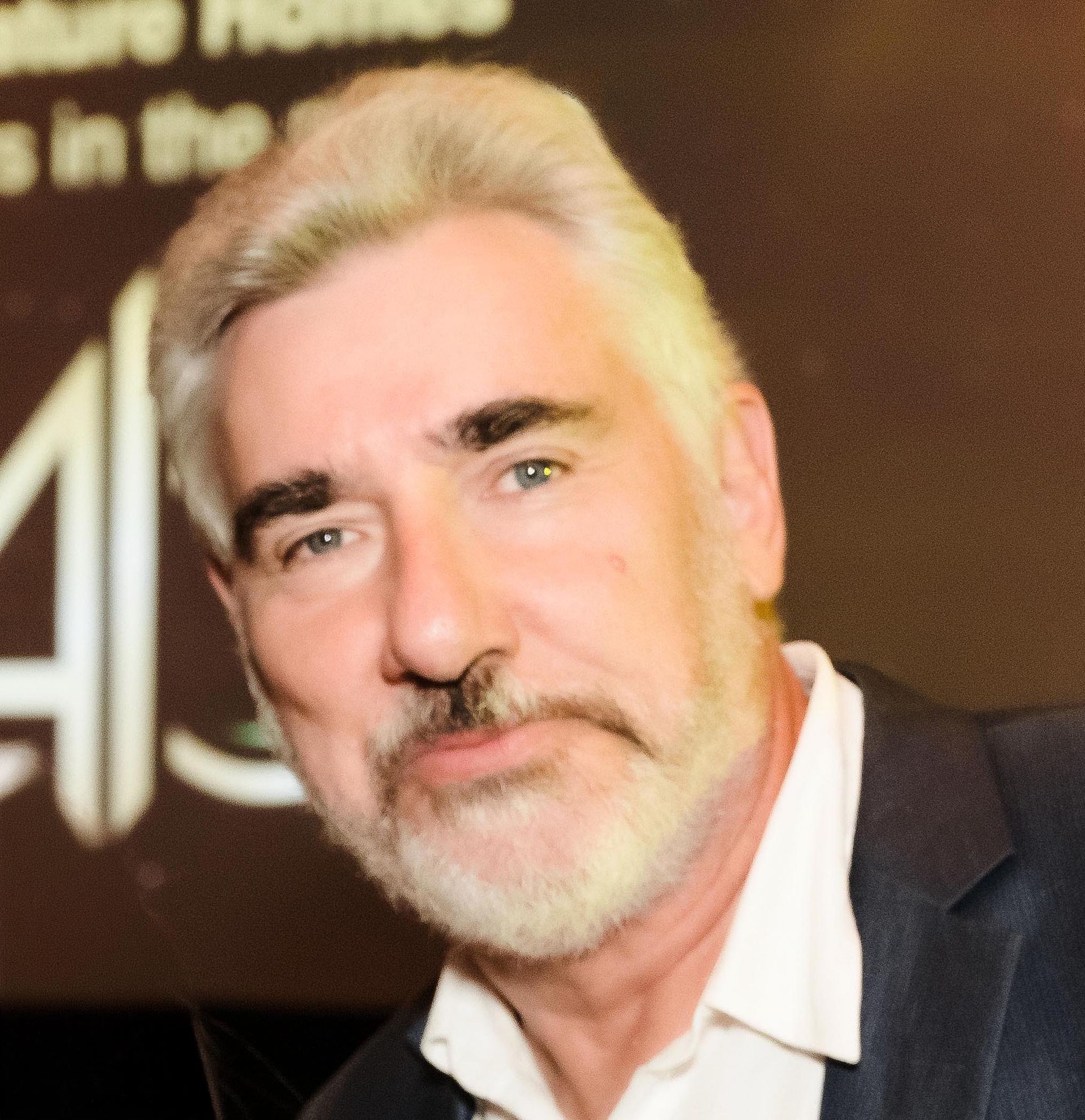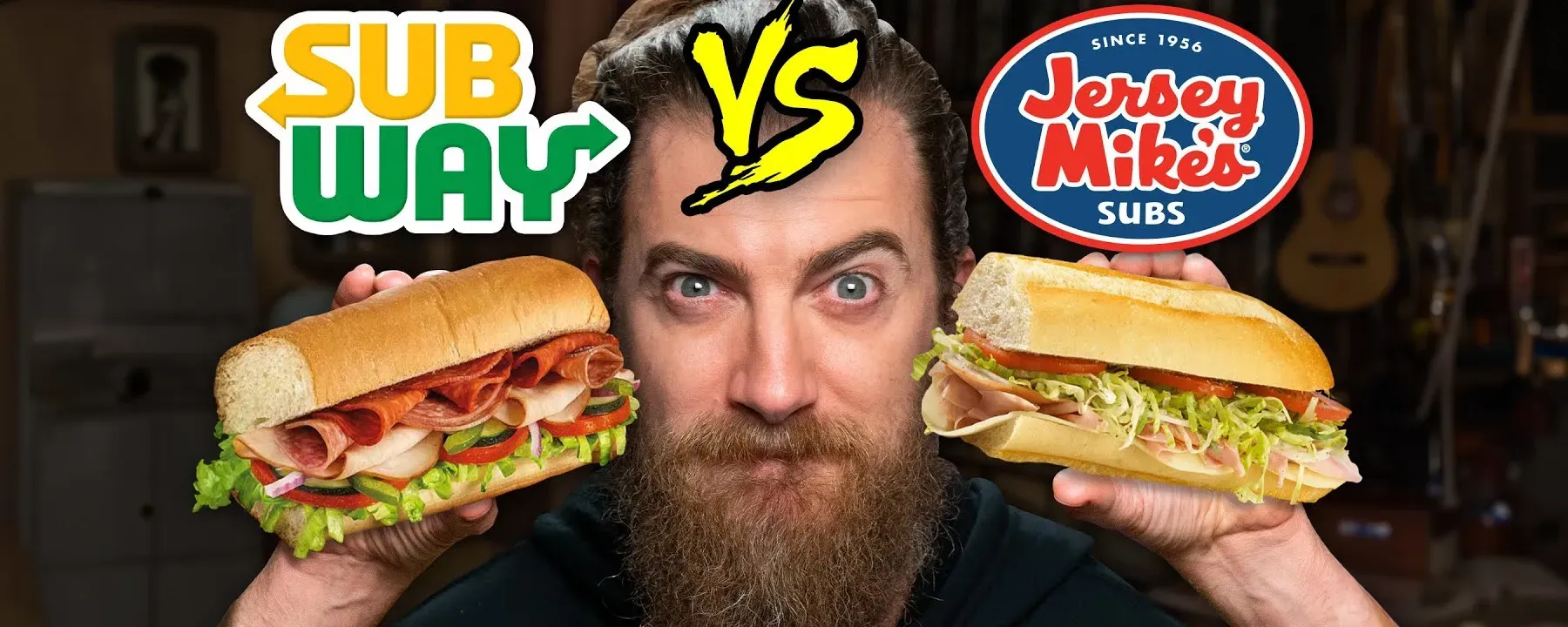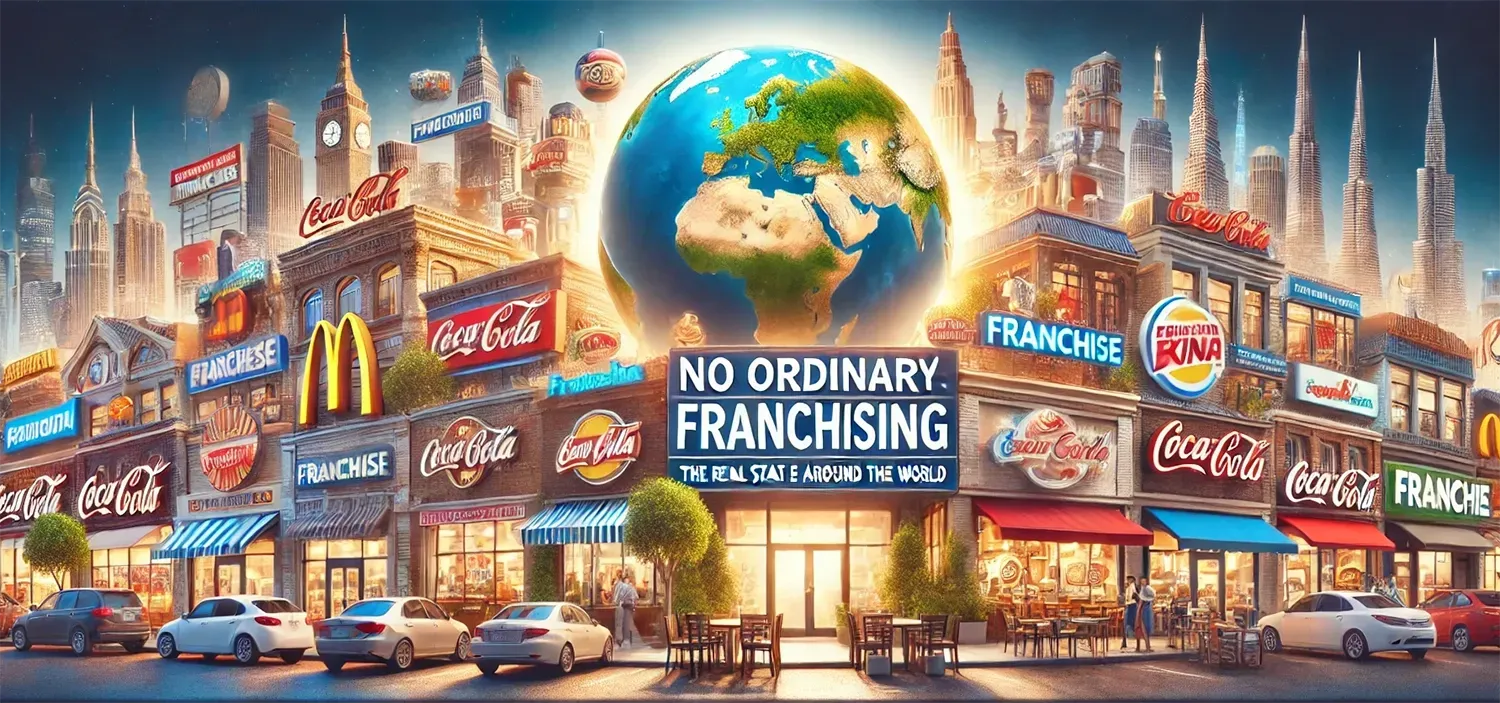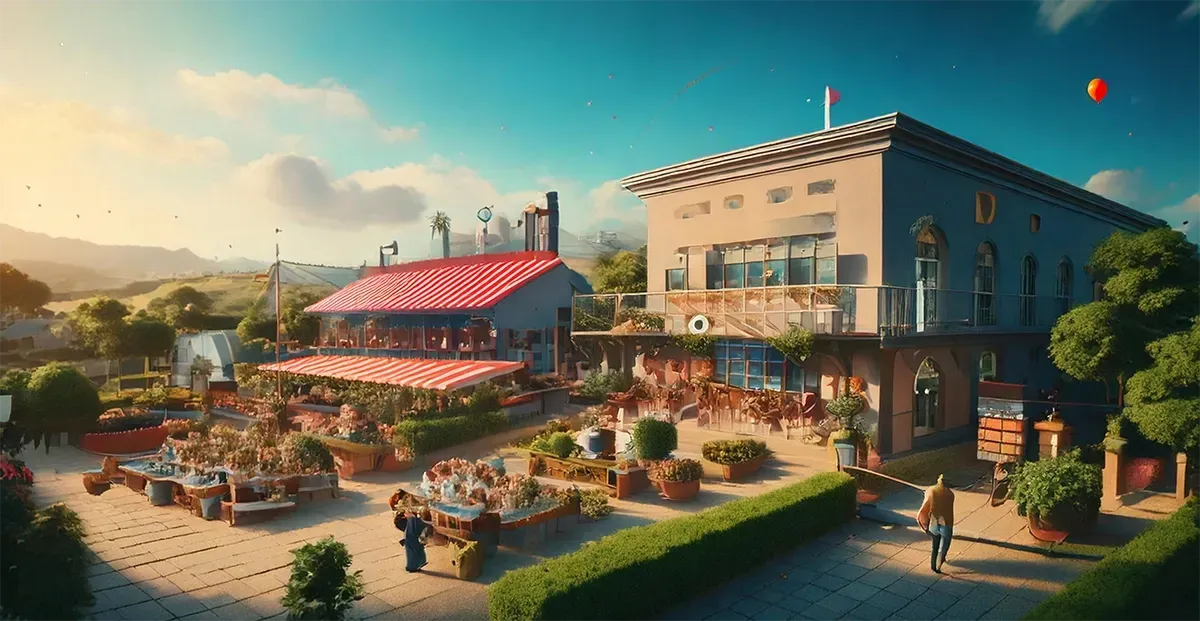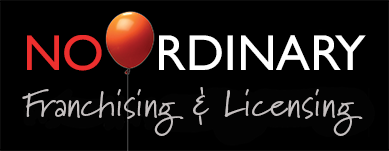Franchisee Selection: How to Select Franchisees with the Right Stuff
Attracting and selecting the ‘right’ franchisees is almost always cited as the biggest challenge that franchisors face, according to surveys.
Choose wisely, and your franchise won't just grow – it will thrive. But get it wrong and it could cost you your reputation and credibility. So how do you attract and select franchisees with the ‘right stuff’?
1. Generate Sufficient Leads
The first challenge is generating enough leads to have a range of prospects or candidates to choose from. This ensures that you can be selective and choose only the best candidates. Without a steady flow of qualified leads, your options become limited, and you may compromise on your ideal franchisee profile.
The foundation of any successful franchisee selection process is having a robust pool of candidates to choose from. Without this, you're essentially picking from a limited basket, which may force you to lower your standards.
So, how do you ensure a steady stream of quality leads?
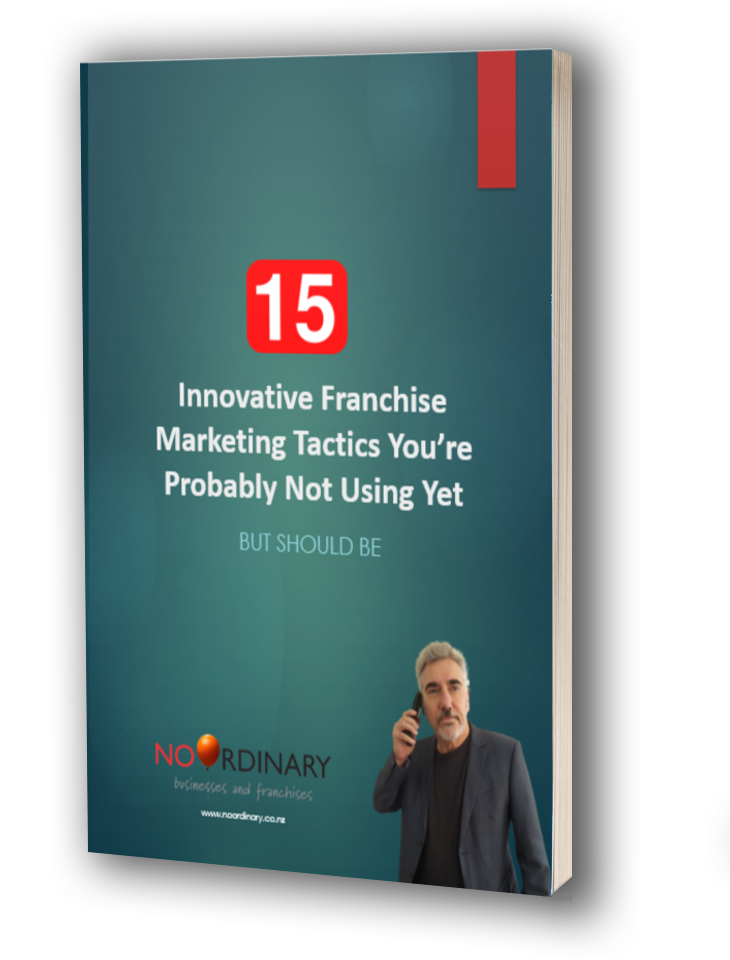
Is your marketing working as well as it could? Could you be getting more qualified leads?
Over many years in marketing and franchising, I have sold many franchises and developed a keen understanding of best practices in franchisee recruitment marketing.
Click here for an Instant Download of this Free eBook
with 15 of my best tips
2. Define the ‘Ideal Franchisee’
Now that you have a steady flow of leads, how do you identify the cream of the crop?
By having a clear picture of your ideal franchisee. This isn’t about finding a mythical perfect candidate, but rather about understanding the key attributes that will lead to success in your specific franchise model.
But what does the ideal franchisee look like?
Of course, this will differ depending on your industry and franchise model. The qualities required to be a successful lawnmowing or cleaning franchisee will probably be quite different from the qualities required to be a successful retail or food services franchisee. And the attributes of a successful master franchisee or multi-unit franchisee will of course differ from those of someone purchasing a single franchise unit.
Probably the most important factor in determining the ideal franchisee is understanding the difference between the innate and the teachable. Innate qualities are the qualities that the prospective franchisee brings to the table, the qualities that inform their character such as integrity, conscientiousness, extroversion, openness to learning, stress tolerance, and drive.
These will form the basis of your Franchisee Selection Criteria.
Tip #1: How to identify what innate qualities prospects must already possess
Of course, nothing else matters if the prospect doesn’t have the necessary capital and access to funding to invest in your franchise. But that’s easy to find out.
Qualities such as those listed above are harder to assess. There are a number of personality profiling and franchisee recruitment software tools available that go some way to helping you with this. (I will be reviewing some of these in a future blog post.) However, there is no substitute for the traditional methods of interviewing, reference checking, trialling with existing franchisees, etc.
I will be detailing more of these in a future blog post – follow me on Facebook, Linkedin or X or subscribe to my email newsletter to make sure you don’t miss out.
Tip #2: How to identify what skills prospects must acquire in order to be successful
In addition to my experience as a former franchise manager and franchisor, and over more recent years as a franchise consultant, I have learned a great deal about best practice in franchisee recruitment from academic studies and other professionals in the field.
One of the Franchisee Selection Criteria I have read a lot about is ‘Business Experience’. My question is “Is it necessary for prospective franchisees to have had prior business experience or is that something that can be taught?” Many franchises claim that their ‘ideal franchisees’ don’t need business experience because the franchisor provides all the systems, training and support required by the franchisee. All the franchisee has to do is be open to training and guidance and to follow the franchise systems. In fact, many franchisors prefer prospects not to have had any business experience because as franchisees, they are more likely to fall into any bad habits they may have had rather than complying with the franchise’s way.
Even if a prospect may look less than ideal against your Franchisee Selection Criteria, in many cases it is more important to consider the prospect’s potential for growth and their willingness to learn and be coached. Franchisees who are coachable and eager to develop can often overcome initial shortcomings and become valuable assets to your franchise system.
Free Report Offer:
Expert Evaluation of Your Current
Franchisee Recruitment Marketing Process
Is your marketing working as well as it could? Could you be getting more qualified leads?
Over many years in marketing and franchising, I have sold many franchises and developed a keen understanding of best practices in franchisee recruitment marketing and selection.
I would welcome the opportunity to share that understanding with you with a
Free Evaluation of your current Franchisee Recruitment Marketing Processes. Simply send me a few details about your franchise and I'll review your current franchisee recruitment marketing from a prospective franchisee's perspective and send you a
Free Report within 2 - 3 days.
Share on your Page:
Follow us:


